What’s the Buzz
The Bee Healthy Blog
How to Manage an Arthritis Flare-Up

If you are living with arthritis (any type of arthritis), you’ve probably experienced an arthritis flare. Arthritis flares are a period when there’s a sudden increase in disease activity, leading to a worsening of your symptoms. The medications that normally control your arthritis pain don’t seem to work during flare-ups. The intense pain can affect many aspects of your life.
It’s important to obtain professional medical advice to manage an osteoarthritis or rheumatoid arthritis flare. But there are some things you can do to manage pain and be less uncomfortable during a severe flare. Please continue reading for some health care tips on managing an arthritis flare.
What triggers arthritis attacks?
In people living with arthritis, flare-ups can occur due to several reasons, some of which are described below.
Medication non-compliance
One of the most common causes of arthritis flares is not taking your medications as prescribed. You should know that many medications used to treat arthritis are not cures and that you need to keep taking the medicine to keep your symptoms under control.
Overactivity
Over-exertion puts stress on your joints and can lead to a flare-up (this is especially true for osteoarthritis and inflammatory arthritis).
Weather
Changes in temperature, pressure, and humidity can make arthritis pain worse in the affected joints.
Infections
Chronic pain from arthritis can feel worse when you’re dealing with an infection. Some medications used to treat inflammatory arthritis can make you more vulnerable to infections, yet reducing these medications can lead to flare-ups.
Stress
When you’re experiencing psychological stress and anxiety, there’s an increase in pro-inflammatory proteins called cytokines in your body, which can cause a flare.
Food
No direct scientific link has been established between food and arthritis flares, but some people find that specific foods cause their arthritis symptoms to worsen. Red meat, refined carbohydrates, and gluten are common culprits, as are sugar, caffeine, and alcohol. High-purine foods like beer and shellfish or dehydration can trigger gout flares.
Sleep
Sometimes a flare occurs because you’re not getting enough rest.
Weight gain
Excess body weight can put pressure on the weight-bearing joints and make osteoarthritis symptoms worse. Weight loss may help reduce the frequency of your flare-ups.
Natural variations
Rheumatoid arthritis flare-ups can occur due to natural disease processes. The worsening in RA symptoms is usually reversible if it’s treated in time. If left untreated, RA flares can lead to joint damage and other health complications.
What does an arthritis flare feel like?
Symptoms of arthritis flares are similar to the symptoms you experience with your chronic disease, only more intense. They include joint pain and stiffness. Some people have swollen joints. There can be fatigue due to joint pain interfering with sleep during the night. In a severe flare, there can be low-grade fevers due to activation of the immune system and inflammatory pathways.
How long does an arthritis flare-up last?
According to the Arthritis Foundation, arthritis flares can last anywhere from a few hours to days or even weeks. If your OA or RA flare does not improve after 7 days, you should contact your doctor and be medically reviewed.
How do you calm an arthritic flare-up?
Treatment plan
During flare-ups, your prescribed treatments may not control your acute symptoms. It’s a good idea to discuss in advance with your rheumatologist the proposed arthritis treatment during flare-ups, such as making temporary adjustments in medications or taking additional medications.
Triggers
An OA or RA flare can sometimes strike without warning. But more often than not, flare-ups are predictable and are triggered by something such as over-exertion. If you can identify triggers and early warning signs, such as a dull ache in your knees, then you can take steps to manage the flare as soon as possible.
Pain management
Many arthritis flares can be managed with over-the-counter non-steroidal anti-inflammatory drugs. Talk to your doctor about what medications you can use to treat arthritis flares.
Hot and cold therapies
When a flare strikes, hot compresses or heating pads and cold compresses or cold packs can help to ease the pain. Heat increases blood flow to the affected area and relaxes your muscles. A cold compress can help to relieve inflammation and block pain signals. You can alternate between hot and cold therapies, doing them for 15 minutes at a time, up to four times a day.
Rest
People living with arthritis are often told to “keep moving.” But when you are experiencing flare-ups, sometimes it’s best to slow down and give your body some rest and a chance to recuperate. You don’t have to stop moving completely because that can make your joints stiff. Rather, try to find a balance between rest and activity. You can work with an occupational therapist or physical therapist to show you some exercises to do during flare-ups.
Stress and anxiety
It’s not unusual to be stressed and anxious during OA and RA flares, especially severe flares. That’s why it’s important to care for your emotional health through relaxation techniques like deep breathing, meditation, and other such activities that can help to divert your mind and ease your body.
Sleep hygiene
Poor sleep can worsen pain and inflammation. Try to stick to a regular sleep schedule, sleep in a cool dark room, turn off electronic devices at least one hour before you turn in, and avoid alcohol and caffeine before bedtime.
Infections
Some medications used to treat autoimmune diseases like rheumatoid arthritis can weaken your immune system and make you vulnerable to infections with bacteria and viruses. Infection can trigger flare-ups of arthritis. Stay up to date on all recommended vaccines, avoid close contact with people who are sick, and wash your hands frequently to reduce your risk of infections.
Anti-inflammatory diet
Many OA and RA patients can identify certain food triggers. Avoiding these foods is one way to reduce the frequency and severity of flare-ups. You can also talk to your doctor or a dietician about eating an anti-inflammatory diet, such as the Mediterranean diet.
Wrapping Up
Arthritis flares can make it difficult for you to perform everyday activities, not only due to joint pain and stiffness but also related effects such as daytime sleepiness due to disturbed sleep. Don’t delay seeing your doctor to be medically reviewed, and don’t hesitate to take the help of family members or support groups should a flare occur. Talk to your physician about the medication changes to make if your arthritis symptoms get worse, so that you can be prepared. It can be useful to track your flares in a diary or journal.
An ice pack, warm compress, additional medication, or changes in medications temporarily can help most people tide over the discomfort of an arthritis flare. Understanding your triggers, being aware of your body, and knowing how to manage a flare is the best way to limit the damage arthritis flare-ups can cause.
References:

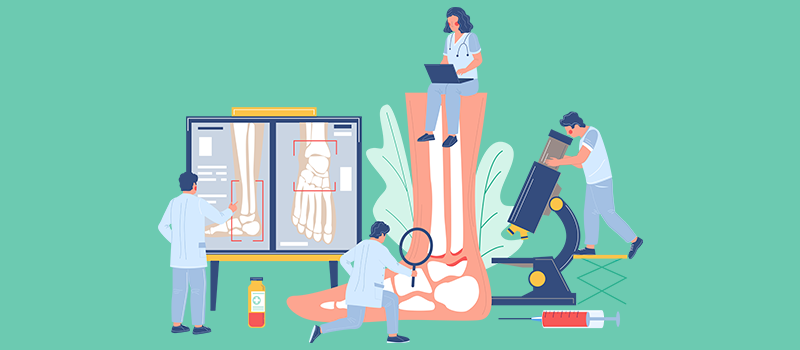

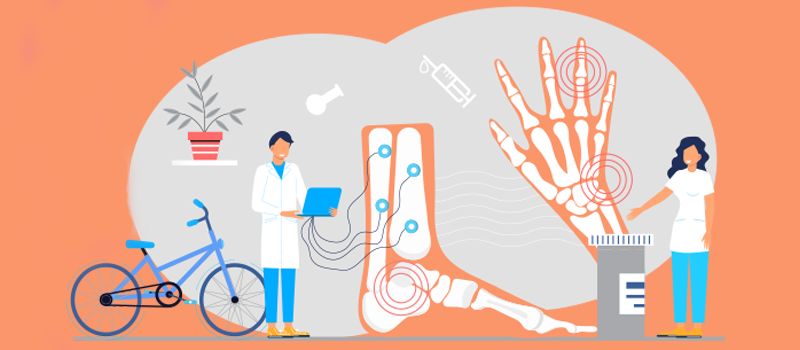
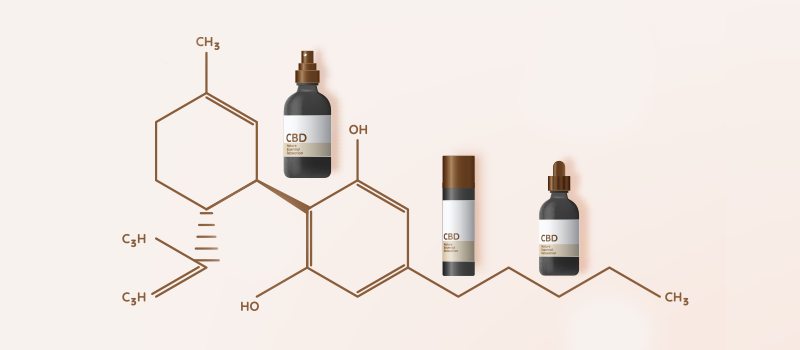

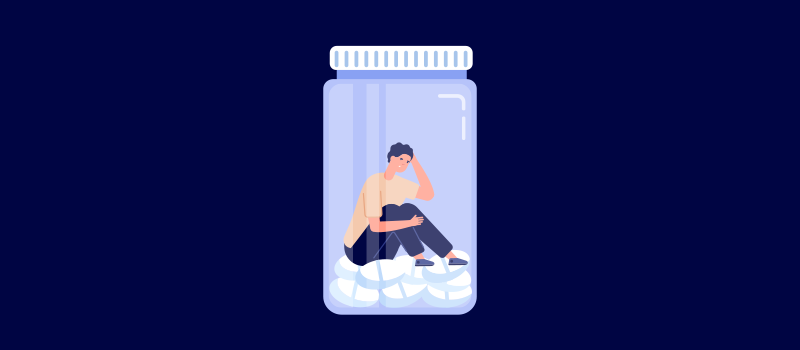
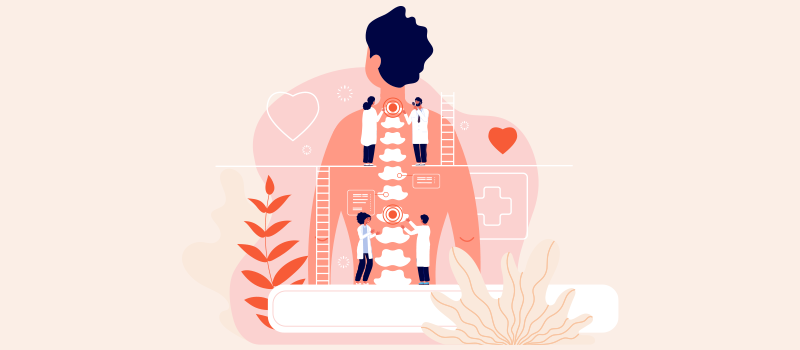




SOCIAL